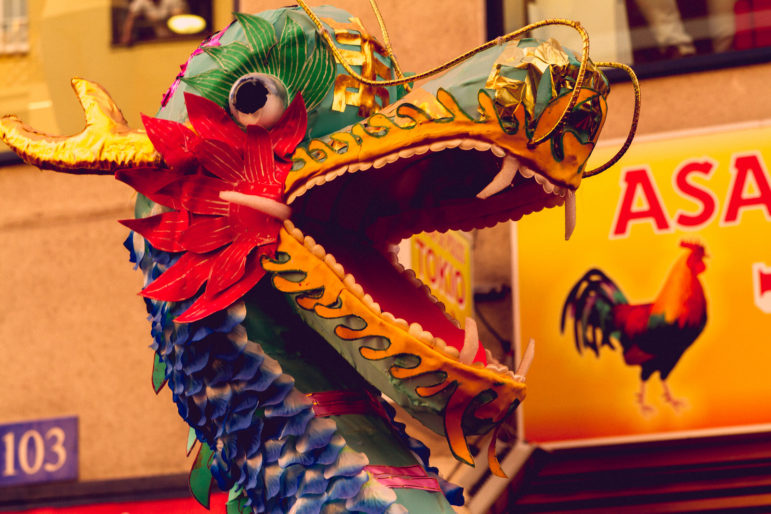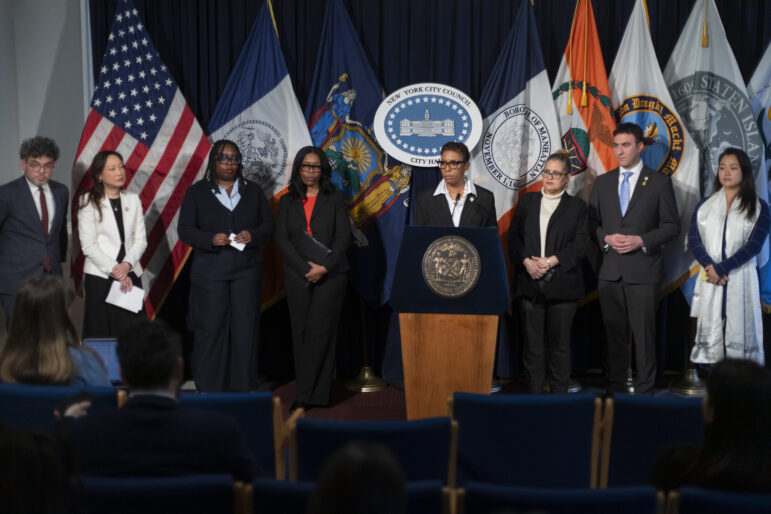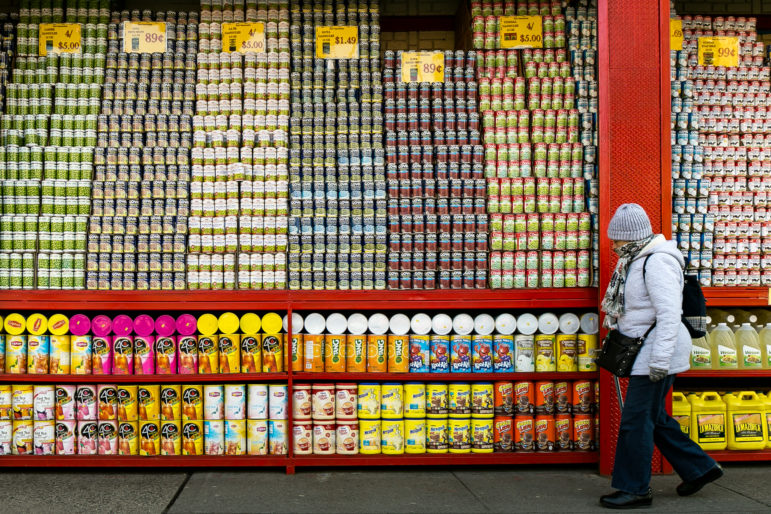
Sergio Fabara Muñoz
Celebrating the Year of the Rooster
A few days after Donald Trump became president, the Asians in this country and around the world celebrated the start of the Year of Rooster. I realized how the two seemingly non-related events were indeed intertwined when I sat in a chair with a white cape over my neck at a barber’s. But no, this is not about the hairstyle.
In many senses, the year that has just passed was a disturbing one. The presidential campaigning was ugly, and the rising wave of hate crimes accompanying it was uglier. Muslims became the main targets of hateful attacks. But when hatred is ignited, it burns everybody, from Black to Jewish, and from Hispanic to, even on some occasions, whites. And it was the year that I heard most often from other Asians that they were told to “go back to China” on the streets of the deep blue city of New York since I started covering the community in 2002.
Part of the ordeal has been documented in “An Open Letter to the Woman Who Told My Family to Go Back to China,” a widely circulated article that appeared last October on the website of The New York Times, written by the paper’s then Deputy Metro editor Michael Lou, who was indeed born in the U.S. But it was not until some of my own friends started to post similar experiences on the social media platform WeChat that I realized how close to home the threat was.
Some Chinese may be caught off guard that they are also being licked by the flames of this intensively intolerant atmosphere. Many of them supported Trump during the election in the belief that their lives would be better because their focus on hard work, education and entrepreneurship are in line with the values of the real estate mogul.
That maybe true. But despite the president’s oversized ego, the effect of the Trump era will not be about Trump himself. He may not support racism but he has shown he is prepared to use it for political ends. The anti-political correctness torch he holds has released caged bigotry among hundreds of thousands of people who had been bottling up their bias. So the ugliness won’t stop anytime soon, not when he called on TV for a brake in the bigotry, and not when the New Year replaced the old one.

No Backspace is City Limits' blog featuring a recurring cast of opinion writers passionate about New York people, policies and politics. The views expressed here aren't necessarily those of City Limits. Click here to read more.
But I am appeased by the footsteps of the Year of Rooster which, I believe, carries some prophetic messages for the Asian community.
2016 was a year Asians in the city and the country gained their protesting voice. On February 20th, 50,000 Chinese in New York joined their peers in more than 40 cities in the nation to protest against the conviction of former police officer Peter Liang who accidentally shot dead an innocent African-American, Akai Gurley, while patrolling on a city housing estate in Brooklyn. The protest, one of the biggest in the history of Asian-Americans, was vindicated by an eventual lenient sentence for Liang.
And that wasn’t all. Also in February, stereotypical jokes about Asians by comedian Chris Rock when hosting the Oscar award ceremony triggered a protest letter signed by 25 actors and directors including Ang Lee and George Takei. The Academy apologized.
Then hip-hop singer YG’s 2014 song “Meet the Flockers” that described a robbery against an Asian family backfired this year with tens of hundreds of Asians protesting at his concerts in Philadelphia and New York.
Plus in October, “Watters’ World,” a segment on Fox News’ program The O’Reilly Factor had correspondent Jesse Watters go to Chinatown to do street interviews in the name of sampling the political opinions of Asians after the first Presidential debate. But the mocking and stereotyping once again sent angry Asians onto the streets.
Even the Chinese supporters of Trump during the election seemed to be part of this trend. They were unusually vocal – perhaps another sign of changing behavior in the community.
Toward the end of the year, I watched a musical called Vietgone at the New York City Center. Not your usual Asian melodrama, the show, written by American-born Vietnamese playwright Qui Nguyen about his parents’ love story in a refugee camp in California after they fled communist Vietnam in the 1970s, had all the Vietnamese characters speaking fluent English and the American characters speaking broken English. Rather than fitting into stage stereotypes by being meek and beaten down, the Asian actors wrenched away the spotlight by telling their own stories.
As for those who were told to “go back to China,” I watched a conversation on WeChat in amusement at the end of the year, when a friend who faced such racist comments asked advice for what to do next time. The conclusion? “Just shout back, ‘Go back to hell.'”
So welcome to the Year of Rooster when, thanks in part to the spike in bigoted animosity, a community that was known for being silent has finally turned vocal.








